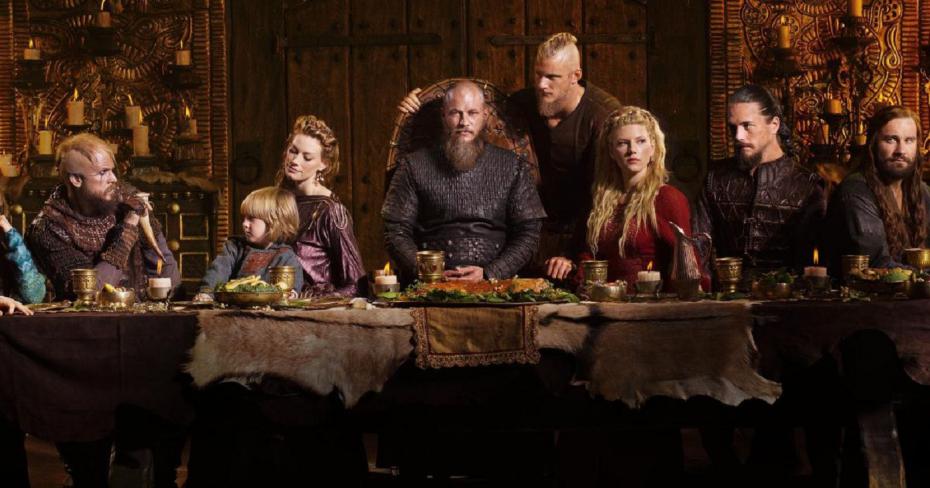A few months after Cannes and the sensation caused by A Beautiful Day, which had received an excellent critical reception, what if we return to this film on the occasion of its release in order to keep a more objective eye and away from the media madness that followed?
For starters, A Beautiful Day is a film about post-traumatic stress disorder. Like many other films, it focuses on the journey of a former soldier, traumatized by (what appears to be) the war in Afghanistan. Joe is a henchman charged with ensuring the safety of those who pay him. He is hired by a senator, involved in rather dubious activities, to find the latter's daughter and save her from these kidnappers. A subject that is fashionable in the current American imagination as we can see with works like The Last of Us or Logan (already inspired by the video game of the studio Naughty Dog, creator of Uncharted). The real source of inspiration remains Taxi Driver by the illustrious Martin Scorsese.

A Beautiful Day is a rough, brutal and violent thriller (but a violence that remains rather suggested and not shown from the front). It's a portrait of modern America, under Trump (though production began before the billionaire arrived in the White House). A film that shows us a society abandoned by politicians (embodied by the two crooked senators, pedophiles and schemers) where the members of this society are forced to take their destiny into their own hands in order to get by. A film that tries to address to the spectators a visible message like a cow in the middle of the road.
The problem with A Beautiful Day is that it complicates life. Instead of offering us a simple cheerful B-movie where we simply see a bearded guy smashing evil pedophiles with a hammer, we are witnessing a film that takes itself far too seriously for what it is. If the film was longer, or at least more developed , the film could afford to have a more detailed subject. The most striking example is the relationship between the little girl and Joe. Together, they only appear on the screen for less than ten minutes. And we try to make the viewers believe that a real paternal relationship has formed between the two, when we almost never see them together. What makes this relationship, which is at the heart of the film, is shortand not worked enough to be credible.

However, the film has beautiful and aesthetic images for him. And above all, he has an extraordinary Joaquin Phoenix, on whom the whole film will be based. So much so that he was awarded the Best Actor Award at Cannes. Phoenix fascinates. His portrayal as a former veteran traumatized by war, and by an abusive father, is breathtaking. Gruff, magnetic with his deep voice and incredible eyes, Phoenix exudes an extraordinary presence. Here he finds one of his best roles with those of James Gray's films. If in the end, we can compare A Beautiful Day to Taxi Driver or Drive, it is thanks to the performance of Phoenix which rivals at least that of Ryan Gosling…
A Beautiful Day is therefore a rather fascinating thriller by its schizophrenia. Beautiful and poetic, it is cut in two between the action and the political part. A choice that could have been more relevant with a longer montage and the relationship between the two main characters (a gruff veteran with a heart of gold, and a little girl weakened by the violence of which she was the victim). A film that can therefore be described as a "democratic urban thriller". Not a bad movie, but rather the first draft of what could have turned out to be a masterpiece. It would be presumptuous to compare it with Drive or Taxi Driver…
A Beautiful Day trailer





































